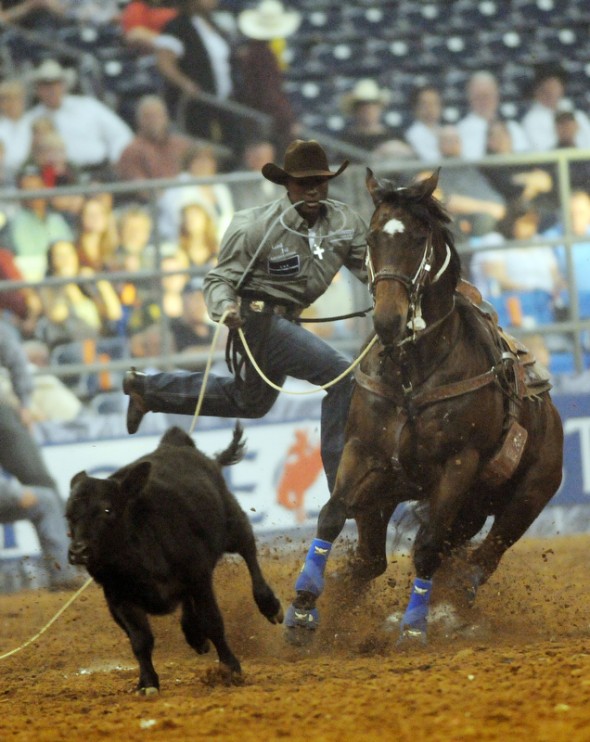
Welcome back! One semester remains in the school year, so make it a good one. Here are some reminders to help you succeed:
Come to class. I shouldn’t even have to say this, but apparently some of you have missed the memo after nearly thirteen years of formal schooling. School starts at 7:20 am. You know how long it takes to get to DP. You know the traffic on Turkey Lake is stupid. You have phones with alarms. Get your butt out of bed and get to school on time. Once you’re here, be HERE. Don’t be thinking about the homework you skipped for another class or your latest game craze or your phone. It does you no good to be here physically but absent mentally.
Do the reading. Seriously, gang. This is a literature class. You can’t do well unless you actually read the works. No, SparkNotes do not count. Check the calendar for deadlines and plan your reading schedule so you’re ready for seminars and discussions.
Pay attention to details. I shouldn’t have to tell college-bound seniors to read directions carefully, but apparently I do. READ DIRECTIONS CAREFULLY. Make sure you complete all parts of an assignment in a timely fashion. Seminar grades always contain your contributions to the class discussion, the notes you take during the seminar itself, and the Verso responses afterward. Don’t suddenly remember one of them after I’ve completed the grades.
Label everything. Your files should have unique names, and your name should always be on the file itself. Submit files to the correct assignment in Google Classroom. Don’t pile up a bunch of files in one place where they don’t belong.
Use the +one rule. Many of your essays are good in terms of thinking, but the support is weak. When you think you’ve finished a paragraph, add one more specific example before moving on to the next paragraph.
Speak up! Self-advocacy is a vital skill for success in college. If you are having difficulty, say something. Ask questions. You should know by now that I don’t bite. Confused about a poem’s meaning? Ask. Want some help with an essay? Ask! I’ve never claimed mind-reading as a skill. Don’t expect me to use it.
And the most important thing to save yourself (and me) unneeded stress:
Pay attention to deadlines! College students tell me the biggest adjustment they have to make is obeying hard deadlines. Most schools do not accept late work of any kind without prior arrangement with the professor. “I forgot” doesn’t count. Neither does “I was busy” or “I had a test in X class” or fabulous vacation plans. Once I’ve graded an assignment, I’m pretty much this person:
Late work will only be reviewed once you submit a Digital Late Work Submission form. Otherwise, I assume it doesn’t exist and will happily give you the F you have requested.
Stay focused. May and the exam will arrive quicker than you expect. Be ready. Let me know how I can help.



 tand in for what I specified. I can’t tell you how valuable this skill will be in college, where your course syllabi will rule your life in ways you can’t even imagine now.
tand in for what I specified. I can’t tell you how valuable this skill will be in college, where your course syllabi will rule your life in ways you can’t even imagine now.



The Seminar Process
The first thing you need to understand is that a Socratic seminar is not a debate. The point is not to win an argument. Instead, a Socratic seminar aims to deepen understanding through discussion and questioning. A more detailed explanation can be found here: Dialogue vs. Debate. Seminar participation will be graded like a test, and there are three keys that will help you do your best.
PREPARATION
Come to the seminar prepared. Students should have their Six Pack Sheet for the work completed as fully as possible, including their ideas on motifs and symbols, references to important scenes/conversations, and character information. Crafting thoughtful questions can also provide you with something to share. Remember that your questions should explore WHAT IS in the work (cause and effect, character motivation, etc.) and not WHAT IF (speculation based on something that occurs). We’re discussing the work as presented, not writing fanfic. The ultimate goal is to discern an appropriate meaning of the work as a whole (MOWAW) that can be supported by textual evidence.
PARTICIPATION
Most seminars will be conducted over two days. On the first day, we will open with a question round. Everyone present will share one of the questions they have prepared on their Six Pack Sheet. We will then select a question to kick off the day’s discussion.
During the discussion, your job is to listen and connect. One person should speak at a time. Comments should be directed to the class as a whole rather than to the teacher, who acts as a facilitator rather than a leader. Comments should ADD something new to the conversation, REFER to the text to clarify or support, or EXTEND what another student has introduced. Please take notes on what you hear using the appropriate field in the Six Pack Sheet. Day 2 of the seminar will begin with a comment round, with everyone sharing something interesting from the first day that they found thought provoking or wish to discuss further. Six Pack Sheets with their seminar notes will be submitted to Canvas at the end of Day 2.
While you are speaking, I will be observing and making notes on your seminar input and behavior. Positive behaviors that will earn you points include the following:
• offers new idea
• asks a new or follow-up question
• refers to the text
• paraphrases and adds to another’s idea
• encourages others to speak
Please avoid interrupting others, side conversations, and dominating the conversation—the best seminars allow everyone a chance to speak and respond. Conversely, don’t sit in silence. Have a question or quotation ready to go if you don’t feel confident expressing yourself off the cuff.
FOLLOWUP
To extend the conversation and provide a record for review later, we will also conduct a followup discussion using Canvas. All students will be expected to contribute to the online discussion even if they spoke in class. The online discussion will be open for a few days after the in-class seminar is concluded. Once the online discussion closes, seminar grades will be finalized.
If you are absent from class on a seminar day, you will be expected to increase your participation in the online conversation. In addition, you will have a separate written assignment to complete.
Comments Off on The Seminar Process
Filed under AP Literature
Tagged as analysis, AP, commentary, discussion, MOWAW, questions, reflection